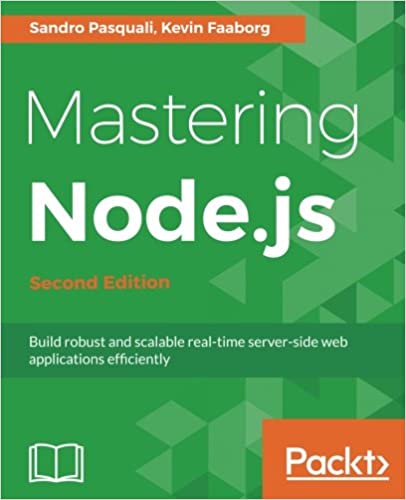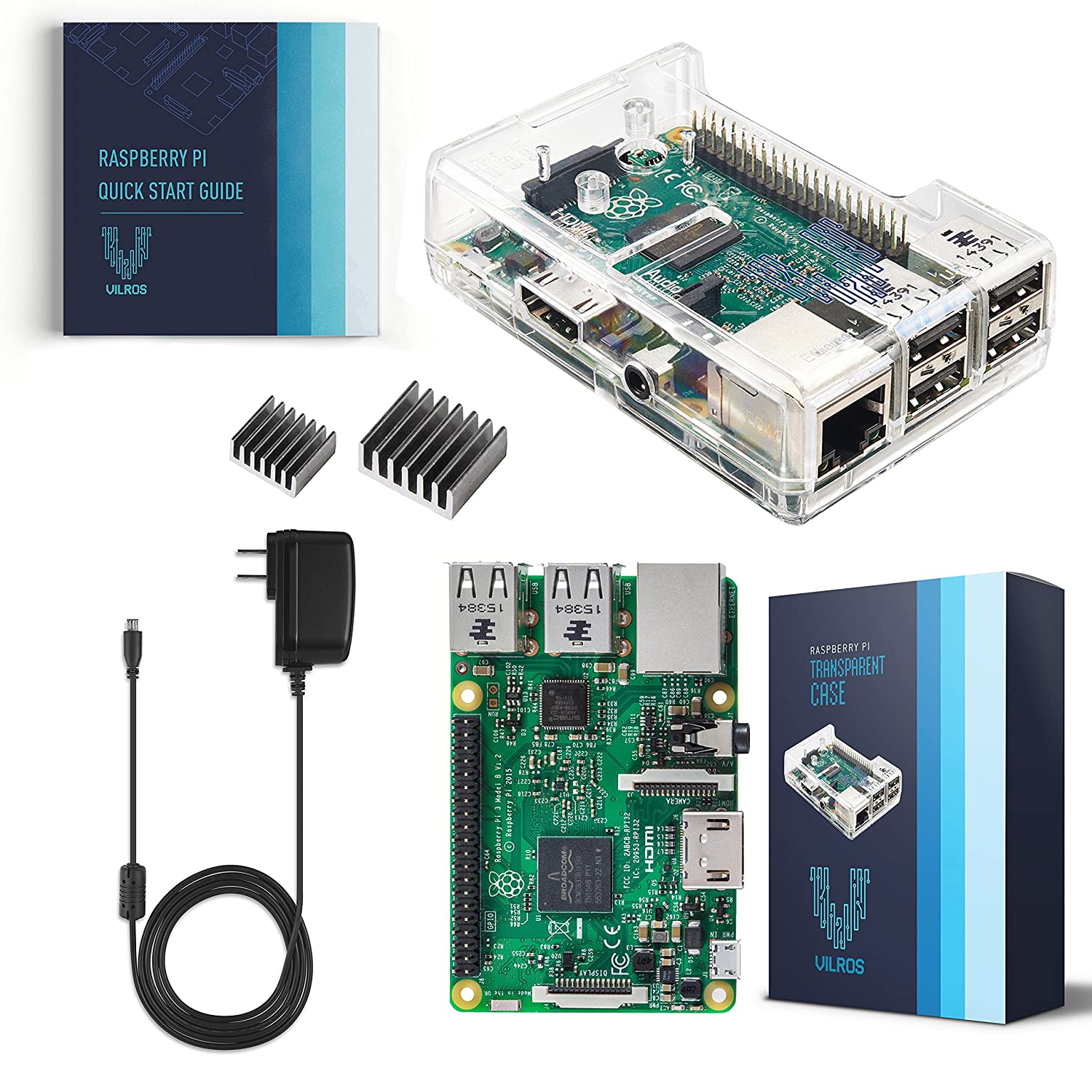; Date: Wed Jul 03 2019
Tags: Twitter »»»» Hate Speech »»»»
Feeling angry about something and letting off steam on Twitter? According to US Federal Prosecutors, twitter posts and presumably facebook et al are interstate communications. If that posting can be interpreted as a threat or other illegal communication, you have therefore used interstate communications to transmit a threat - which is a federal felony.

The
Huffington Post and The Associated Press are reporting that in March 2018 - early in an election year - Joseph Cecil Vandevere, who is from North Carolina, "anonymously tweet a graphic image of a lynching to the Muslim candidate".
On June 21, 2019, the U.S. Attorney’s Office for the Western District of North Carolina issued an arrest warrant for Vandevere's arrest.
Qasim Rashid is the Muslim candidate in question. He is running for the Virginia State Senate in District 28. He said to Huffington Post that he receives threats all the time, and reports them to both Twitter and the FBI.
The tweet was directed specifically at Rashid, included a picture of a lynching, and said "PLEASE VIEW YOUR DESTINY". As described does this not sound like a directed threat?
Rashid, who is also a lawyer specializing in immigrant rights, says this is the first time a tweet he's reported has resulted in prosecution. Threatening tweets "spike" every time a political leader speaks anti-Muslim rhetoric.
There we have it, a fairly clear threat was made using Twitter. Because Twitter is an international forum any message sent by Twitter (or Facebook etc) is therefore interstate communications. Compounding the situation is that the sender and the recipient were in fact in different US States. And therefore Federal prosecutors have concluded this is a federal crime.












